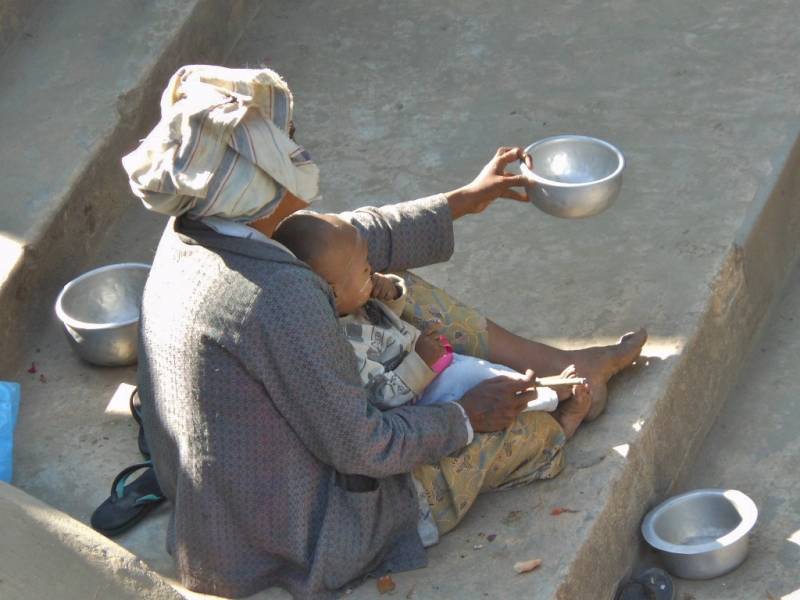J&K High Court decriminalises begging
By Ishfaq
Highlights
- Says begging manifests from the failure of the state to ensure basic entitlements of health, food, clothing, shelter
SRINAGAR: In a landmark judgment, the Jammu and Kashmir High Court struck down the J&K Prevention of Beggary Act 1960 and the J&K Prevention of Beggary Rules 1964 affirming that the “criminalisation of begging is an outcome of extremely prejudiced social constructs”.
Hearing a Public Interest Litigation (PIL), a division bench of Chief Justice Gita Mittal and Justice Rajesh Bindal declared the J&K Prevention of Beggary Act 1960 and the J&K Prevention of Beggary Rules 1964 as “unconstitutional” and “disproportionate infringement of the right to meaningful life, dignity, privacy and liberty guaranteed under Article 21”.
“Criminalisation of begging is the outcome of extremely prejudiced social constructs of presumption of criminality against the poor and baseless stereotypes in ignorance of the extreme exclusion and disadvantages faced by the poor who are struggling to survive,” the court said
This judgment comes a year after advocate Suhail Rashid Bhat filed a PIL praying to declare anti-begging laws as unconstitutional and violative of Article 14, 15, 20 and 21 of the constitution.
“The criminalisation of begging, which makes poverty and offence, is intended to remove poor people from public spaces, deprive them of the constitutional guarantees of inclusiveness and pluralism, and results in their further deprivation”, the court said.
Terming poverty as a human rights issue; the court said it was primarily on account of deprivation of essentialities of life that poor people were compelled to resort to begging to make out their sustenance.
“Begging manifests the failure of the state to ensure basic entitlements of health, food, clothing, shelter, just and humane conditions of survival opportunity to work which are all essential concomitants of Article 21 of Constitution of India. The J&K Beggary Act 196 and the rules of 1964 result in disproportionate infringement of the right to a meaningful life, dignity privacy and liberty guaranteed under Article 21”, the court said.
The court noted that begging involves peaceful communication with strangers, verbal or non-verbal, whereby a beggar conveys a request for assistance. “Such activity is an essential part of the valuable right of freedom of speech and expression guaranteed to all under Article 19 (1) (A) of the constitution of India”, it said.
The court said prescription under Article 39 of the constitution of India and Part IV of the constitution of Jammu and Kashmir had been completely overlooked while enacting and implementing the provision of the Beggary Act and the Rules.